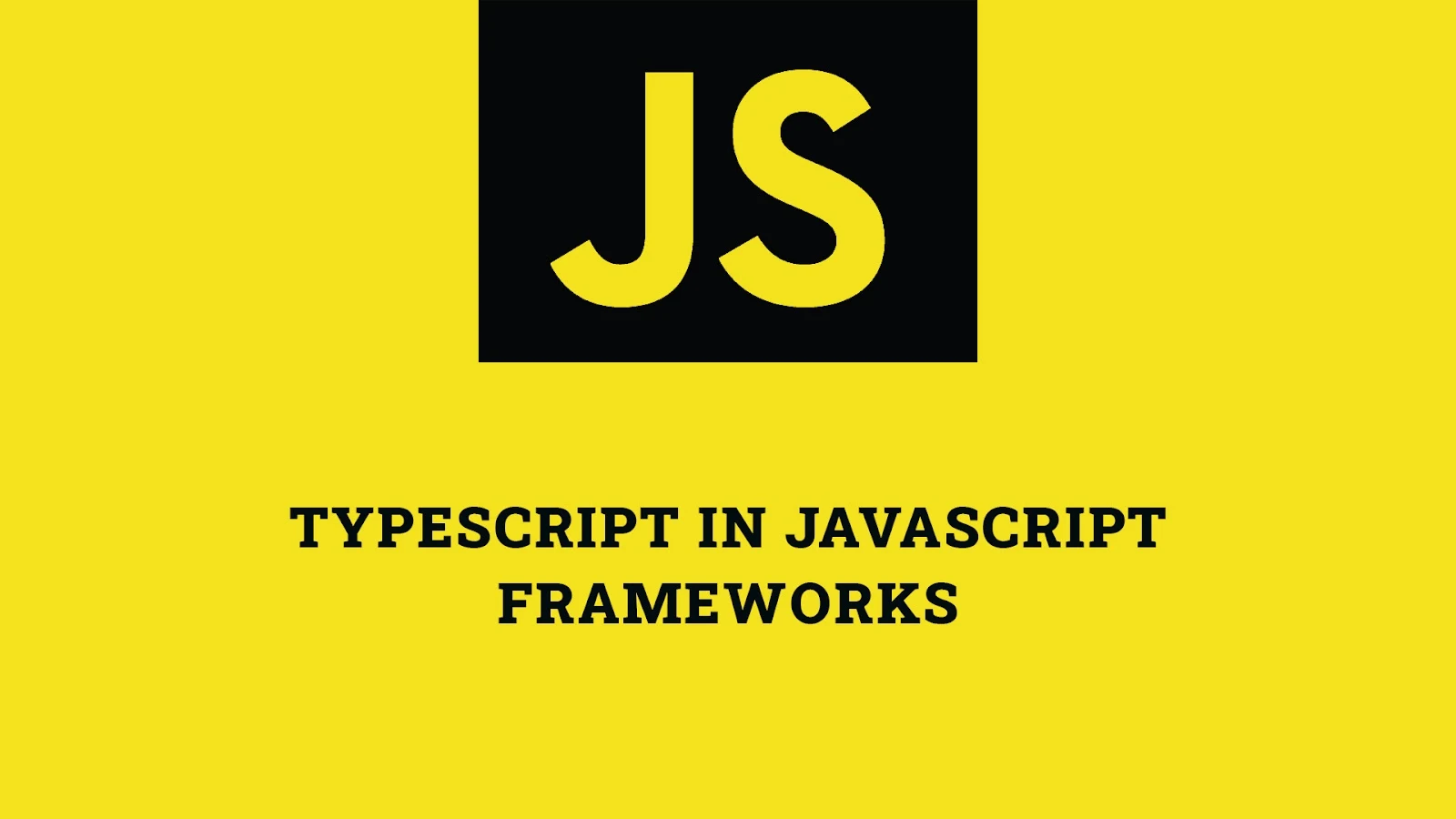Introduction
TypeScript is a statically typed superset of JavaScript that adds type safety and advanced features to the JavaScript language. It is widely used in modern JavaScript frameworks such as React, Vue, and Angular. This article explores how TypeScript enhances these frameworks, providing detailed explanations and practical examples to help you master TypeScript in JavaScript frameworks.
Understanding TypeScript
TypeScript introduces optional static typing to JavaScript, allowing developers to catch errors at compile time rather than at runtime. It also includes features such as interfaces, generics, and type inference, which improve code quality and maintainability.
Key Features of TypeScript
- Static Typing: Adds type annotations to variables, function parameters, and return values.
- Type Inference: Automatically infers types based on the context and assigned values.
- Interfaces: Define contracts for objects and classes, ensuring they adhere to specific structures.
- Generics: Create reusable components and functions that work with different types.
TypeScript in React
React is a popular JavaScript library for building user interfaces. TypeScript enhances React by providing type safety and improving developer experience with better tooling and autocompletion.
Example: Setting Up TypeScript in React
// Create a new React project with TypeScript
npx create-react-app my-app --template typescriptExample: Using TypeScript with React Components
// Greeting.tsx
import React from 'react';
interface GreetingProps {
name: string;
}
const Greeting: React.FCGreetingProps = ({ name }) => {
return (
<h1>Hello, {name}!</h1>
);
}
export default Greeting;In this example, the Greeting component is typed using TypeScript. The GreetingProps interface defines the structure of the component's props, ensuring type safety.
TypeScript in Vue
Vue is a progressive JavaScript framework for building user interfaces. TypeScript enhances Vue by adding type safety and improving developer experience with better tooling and autocompletion.
Example: Setting Up TypeScript in Vue
// Create a new Vue project with TypeScript
vue create my-vue-app
// Select the TypeScript option during the setup processExample: Using TypeScript with Vue Components
// HelloWorld.vue
<template>
<div>
<h1>{{ message }}</h1>
</div>
</template>
<script lang='ts'>
import { defineComponent } from 'vue';
export default defineComponent({
data() {
return {
message: string = 'Hello, Vue with TypeScript!'
};
}
});
</script>
<style>
h1 {
color: blue;
}
</style>In this example, the HelloWorld component is typed using TypeScript. The data method specifies the type of the message property, ensuring type safety.
TypeScript in Angular
Angular is a comprehensive JavaScript framework built with TypeScript. TypeScript is fully integrated into Angular, providing type safety and improving developer experience with better tooling and autocompletion.
Example: Creating an Angular Project with TypeScript
// Create a new Angular project (TypeScript is used by default)
ng new my-angular-appExample: Using TypeScript with Angular Components
// hello-world.component.ts
import { Component } from '@angular/core';
@Component({
selector: 'app-hello-world',
templateUrl: './hello-world.component.html',
styleUrls: ['./hello-world.component.css']
})
export class HelloWorldComponent {
message: string = 'Hello, Angular with TypeScript!';
}
// hello-world.component.html
<h1>{{ message }}</h1>
// hello-world.component.css
h1 {
color: blue;
}In this example, the HelloWorldComponent component is typed using TypeScript. The message property is specified as a string, ensuring type safety.
Advantages of Using TypeScript in JavaScript Frameworks
TypeScript offers several advantages when used in JavaScript frameworks:
- Improved Code Quality: Type safety helps catch errors at compile time, reducing runtime errors and improving overall code quality.
- Better Tooling: TypeScript provides enhanced tooling support, including autocompletion, code navigation, and refactoring, which improves developer productivity.
- Maintainability: Type annotations and interfaces make the code more readable and easier to maintain, especially in large codebases.
- Interoperability: TypeScript is compatible with existing JavaScript libraries and frameworks, making it easy to integrate into existing projects.
- Scalability: TypeScript's static typing and advanced features help manage complex and scalable applications, ensuring the code remains maintainable as the project grows.
Fun Facts and Little-Known Insights
- Fun Fact: TypeScript was developed by Microsoft and first released in 2012. It has since gained widespread adoption in the JavaScript community.
- Insight: Using TypeScript in JavaScript frameworks can significantly reduce the time spent on debugging and improve the overall development experience.
- Secret: Many popular JavaScript frameworks, including React, Vue, and Angular, have first-class support for TypeScript, making it easier for developers to adopt and use TypeScript in their projects.
Conclusion
TypeScript is a powerful and versatile language that enhances JavaScript frameworks such as React, Vue, and Angular. By adding type safety, improving code quality, and providing better tooling, TypeScript helps developers build scalable and maintainable applications. Whether you're working on a small project or a large-scale application, integrating TypeScript into your JavaScript framework can significantly enhance your development process and improve the overall quality of your code.
 Reviewed by Curious Explorer
on
Saturday, November 30, 2024
Rating:
Reviewed by Curious Explorer
on
Saturday, November 30, 2024
Rating:




No comments: